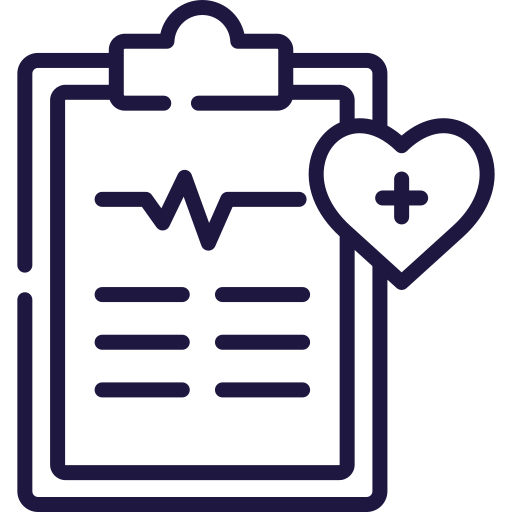Abdominal pain 3
A 19-year-old gentleman attends the GP with intermittent but ongoing abdominal pain
Candidate Instructions 🧒
You are the FY1 working in your GP rotation.
You have been asked to see the next patient who has been having intermittent and persistent abdominal pain for the past few months, which is now starting to affect his day to day life.
Please take a focused history, offer the patient your differential diagnoses, investigations and devise a management plan.
Station time: 10 minutes (7 minutes history + 3 minutes diagnosis and management)
Station Material (ONLY OPEN WHEN PROMPTED)
Actor Instructions 🤒
Name: Ronald Wilson
DOB: DD/MM/YYYY
Age: 19
Agenda:
- You want to get back to your normal daily routine especially the university football team and not have to think about potentially being in pain -- you are very calm and respectful to the doctors
ICE:
- I: You think it could be related to all the previous surgeries which you have had
- C: You are worried that you are developing Crohn's just like your father
- E: You would like to be referred to a specialist who will run specific tests
PC:
- You have been experiencing cramping abdominal pain over that last 3 months at least 3 times per week, which seems to unrelated to food or activities
HPC:
Positive symptoms:
Pain:
- Average 3 times per week
- Cramping pain
- Pain comes on suddenly -- then comes and goes
- No abdominal pain prior to 3 months
- Diffuse/all over abdomen -- strongest around where you had your appendix removed
- No radiation
- Pain varies -- strongest 8/10
- Pain strong enough to wake during the night frequently
- Tried paracetamol/ibuprofen -- made no difference
- No obvious association with food or activities
- Pain slightly better after defecation
- Diarrhoea -- on and off past 2 months (did not think much of it, never had 'strong bowels)
- Stool normal colour
- Backpassage often painful on wiping with streaks of red blood on toilet paper
- Assumed due to poor/cheap toilet paper quality
Negative symptoms:
- No feeling of incomplete bowel emptying
- No constipation
- No blood in stool
- No oral lesions
- No rashes/joint pain/eye pain/redness
- No red flag symptoms e.g. jaundice, fever, night sweats, weight loss, loss of appetite
- No other gastrointestinal or systemic symptoms e.g. dysphagia, nausea & vomiting, bloating, tiredness, palpitations, urinary symptoms
PMHx:
- Appendicitis 12y/o -- appendicectomy performed
- Pyloric stenosis 2 month old -- pyloromyotomy surgery
- Asthma
- Nil other medical history
DHx:
- Blue inhaler -- ventolin (as needed)
- Brown inhaler -- beclomethasone (once daily)
- No other medications
- No known drug allergies
FHx:
- Father developed Crohn's disease age 54
- Paternal and maternal grandfather died of bowel cancer
- Nil other family history
SHx:
- Non-smoker
- Socially drink alcohol
- Caucasian ethnicity
- Occasional recreational drug use (1-2 per month) e.g. cocaine, MDMA
- Student -- arts and sciences
- Vegan diet
- Live in student accommodation
- Affecting participation in sports and social activities
- No recent travel
Mark Scheme ✍️
Introduction
Presenting complaint
History of presenting complaint
Pain
Gastrointestinal symptoms
Rheumatological history
Systemic symptoms
Past medical history
Drug history
Family history
Social history
Conclusion
Diagnosis
Differential diagnoses
Investigations
Bloods
Further investigations
Management
Convert your points into a realistic exam mark


